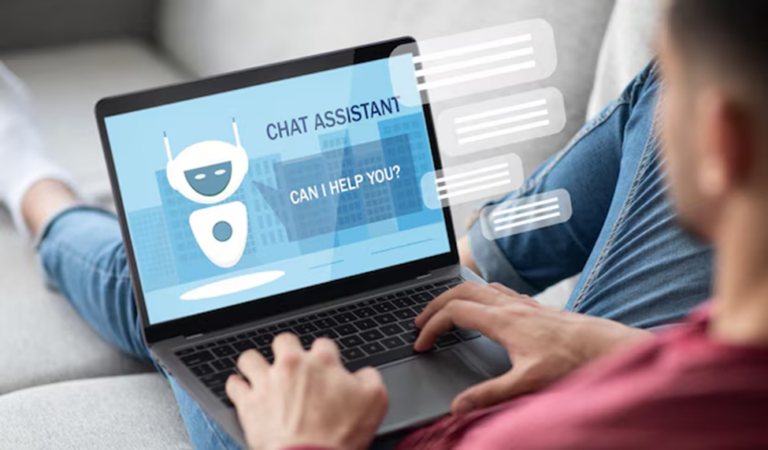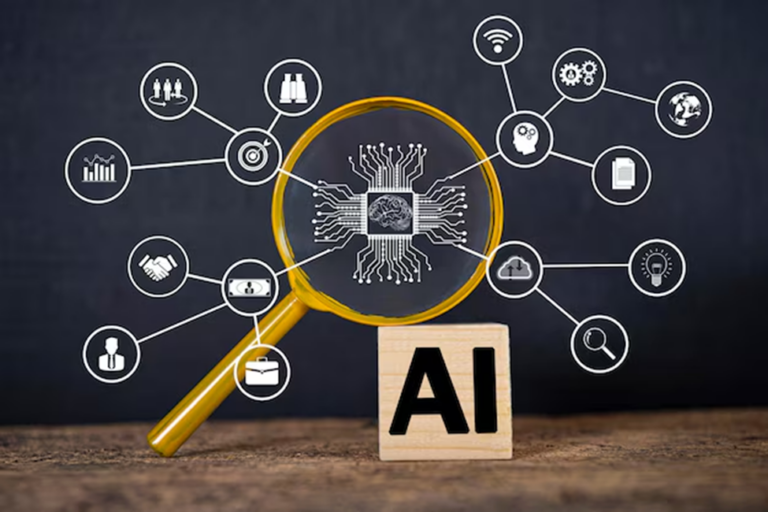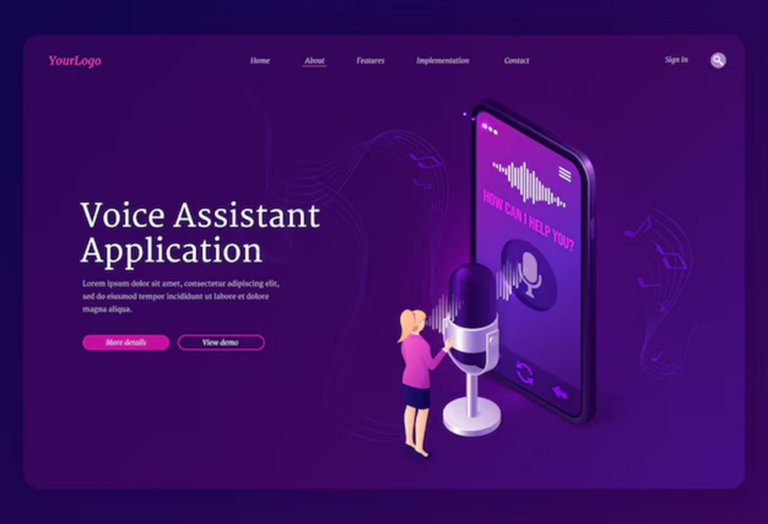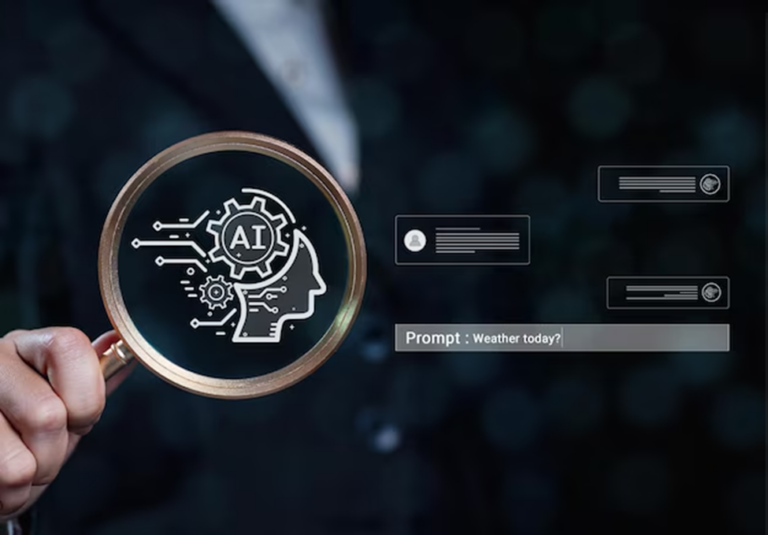AI Personal Assistants: A Guide for Beginners
AI personal assistants have become a key part of modern life, helping users with tasks like scheduling, answering questions, and even automating smart home functions. If you’re new to AI assistants, this beginner’s guide will walk you through what they are, how they work, and which one might be best for you.
Introduction
Artificial intelligence has revolutionized how we interact with technology, and AI personal assistants are one of the most practical applications of this technology. From voice-activated smart assistants to AI-powered chatbots, these tools help users with a variety of everyday tasks, from setting reminders to controlling smart home devices.
If you’re new to AI personal assistants, this guide will explain what they are, how they work, and which ones are the best for different needs. We’ll cover popular assistants like Google Assistant, Amazon Alexa, Apple Siri, Microsoft Cortana, Samsung Bixby, and OpenAI’s ChatGPT Voice. By the end of this guide, you’ll have a clear understanding of how AI personal assistants can make life easier.
What is an AI Personal Assistant?

An AI personal assistant is a software-powered tool that helps users complete tasks using voice commands, text input, or automated processes. These assistants use artificial intelligence, natural language processing, and machine learning to understand user requests and perform tasks accordingly.
AI personal assistants can:
- Answer general knowledge questions
- Set reminders and alarms
- Send messages and emails
- Control smart home devices
- Provide weather and news updates
- Assist with navigation and directions
- Automate repetitive tasks
While some AI assistants focus on voice commands, others function through chat interfaces, making them useful in different environments.
How Do AI Personal Assistants Work?

AI personal assistants rely on machine learning and natural language processing to understand and respond to user requests. When you interact with an AI assistant, the software processes your input, searches for relevant information, and delivers an appropriate response.
Most AI assistants work using a combination of:
- Speech Recognition: Converts spoken language into text.
- Natural Language Processing (NLP): Helps the AI understand user intent.
- Machine Learning: Improves the assistant’s accuracy and response quality over time.
- Cloud Computing: Stores and processes data remotely for better performance.
AI assistants learn and improve by analysing previous interactions, providing more accurate responses and automating tasks based on user behaviour.
Popular AI Personal Assistants

Google Assistant
Google Assistant is one of the most potent AI assistants, offering seamless integration with Google’s ecosystem. It is available on Android phones, Google Nest devices, and third-party smart products.
Users can rely on Google Assistant to answer questions, set reminders, manage emails, and even make phone calls. It also works well for smart home control, integrating with devices like Google Nest thermostats, smart lights, and security systems.
One of Google Assistant’s most significant advantages is its superior search capabilities. Since Google’s search engine powers it, it provides highly accurate responses to user queries. However, while it works across different platforms, it functions best within Google’s ecosystem.
Amazon Alexa
Amazon Alexa is best known for smart home automation and is compatible with thousands of smart devices. It is primarily used in Echo devices but is also available on other platforms, including mobile apps and smart speakers.
Alexa allows users to control lights, adjust thermostats, and even order products from Amazon using voice commands. Its customizable “Alexa Skills” enables users to add functionalities like guided workouts, recipe recommendations, or meditation sessions.
While Alexa is highly versatile, it is more focused on smart home management than answering general knowledge questions. Additionally, it relies heavily on Amazon’s ecosystem, which may not be ideal for users who prefer Google or Apple services.
Apple Siri
Siri is Apple’s AI voice assistant, designed to work exclusively within the Apple ecosystem. It is built into iPhones, iPads, MacBooks, and HomePods, offering seamless integration with Apple’s apps and services.
Siri can send messages, make calls, set reminders, and control Apple HomeKit devices. Apple users benefit from Siri Shortcuts, which automate tasks through simple voice commands.
While Siri is significant for Apple users, its limitations include weaker general knowledge responses and limited third-party integrations compared to Alexa and Google Assistant. It is best suited for users who own multiple Apple devices and prioritize privacy.
Microsoft Cortana
Cortana was initially developed as a general AI assistant but has since shifted towards business applications. It is now integrated primarily into Microsoft 365, helping users manage emails, schedule meetings, and automate office tasks.
Professionals who use Microsoft Outlook, Teams, and Windows PCs may find Cortana helpful for improving productivity. However, it lacks strong smart home support and general-purpose features found in Google Assistant and Alexa.
Microsoft has reduced support for Cortana on mobile devices, making it less relevant for personal use. While useful for workplace productivity, it is not a strong competitor for general consumers.
Samsung Bixby
Bixby is Samsung’s AI voice assistant, designed for Samsung smartphones, smart TVs, and home appliances. It offers deep integration with Samsung’s devices, allowing users to control their phone settings, open apps, and manage Samsung smart home products using voice commands.
Bixby’s unique feature is Bixby Vision, which enables users to translate text, scan barcodes, and identify objects using the camera. While it offers useful functions, Bixby is not as advanced as Google Assistant or Alexa in terms of natural language understanding and general knowledge queries.
OpenAI’s ChatGPT Voice
ChatGPT Voice is an AI-powered conversational assistant that specializes in generating human-like responses. Unlike traditional voice assistants, ChatGPT can provide in-depth explanations, creative content, and detailed answers to complex questions.
This AI assistant is handy for tasks such as writing, brainstorming ideas, coding assistance, and learning new concepts. While it excels in conversation, it is not integrated with smart home devices and lacks the real-time task management capabilities found in Google Assistant and Alexa.
How to Choose the Right AI Personal Assistant

Choosing the right AI personal assistant depends on your needs and preferences. Here’s a quick comparison to help you decide:
- Best for General Use & Search: Google Assistant
- Best for Smart Home Automation: Amazon Alexa
- Best for Apple Users: Apple Siri
- Best for Work & Productivity: Microsoft Cortana
- Best for Samsung Device Owners: Samsung Bixby
- Best for Conversational AI & Writing Help: OpenAI’s ChatGPT Voice
If you primarily use Google services, Google Assistant is the best option. For smart home automation, Alexa offers the most compatibility. Apple users will find Siri to be the most seamless assistant, while business professionals may prefer Cortana. Samsung users can take advantage of Bixby’s deep integration, while ChatGPT Voice is ideal for those looking for a powerful conversational AI.
Conclusion
AI personal assistants have made life easier by automating everyday tasks, answering questions, and controlling smart devices. Whether you need help managing your schedule, maintaining your home, or engaging in deep conversations, an AI assistant is designed for you.
Understanding how each assistant works will help you choose the best one based on your needs and the devices you use most. As AI advances, personal assistants will become even more intelligent, making them an essential tool for personal and professional life.







